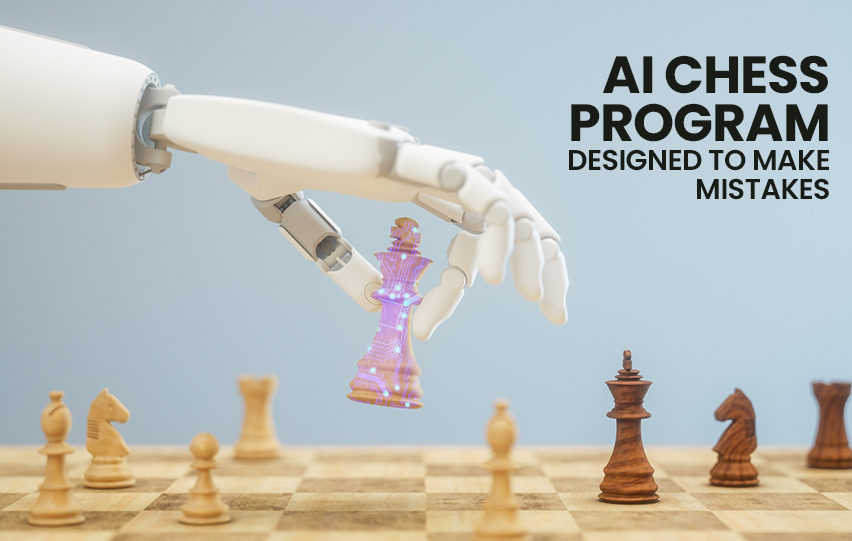Researchers at Cornell University developed a new artificial intelligence that makes mistakes on purpose, reported Wired. The system uses machine learning to observe human blunders in chess.
The chess program, called Maia, observes moves made by human players in order to predict their moves, including mistakes. This is far from other existing AI chess programs which are often designed to pose challenges to players.
Lead researcher and Cornell University professor Jon Kleinberg is optimistic that this system can help artificial intelligence understand human fallibility. With this, Maia has the potential to teach, assist, or negotiate with humans.

When it comes to applying this system, Kleinberg says that health care is one industry that can benefit from this. It can be used in training doctors to read medical images generated by the AI in order to catch errors.
According to Kleinberg, “One way to do this is to take problems in which human doctors form diagnoses based on medical images, and to look for images on which the system predicts a high level of disagreement among them.”
Chess has been a preferred model for AI because it has been the subject of numerous research. Moreover, it is one of the first fields in which AI has trumped humans. In fact, some chess AIs have made moves that can beat humans.
This gives the system an opportunity to learn how humans play the game and how to do it expertly.
The development of Maia can make chess programs more dynamic as it is able not only to look for the best moves but also to predict mistakes that could be made by its opponents, giving it the benefit of both sides.
British Grandmaster Matthew Sadler said, “Just imagine you’re preparing for the world championship game against Magnus Carlsen, and you have an engine that plays just like Magnus.”
Sadler is optimistic that this engine can be a great way to train and practice, especially as it can enhance AI abilities to mimic specific players. Moreover, players are not faced with an overpowered system that gives them no chance to win, but one that plays more like a human.
Maia was developed from adapted codes from Leela Zero, which is an Alpha Zero source clone by Alphabet subsidiary DeepMind. It was fed data from LiChess, a popular chess server.
This is not the first time that researchers were able to create AI systems that predict human errors with the development of CSIRO’s Data61.
















